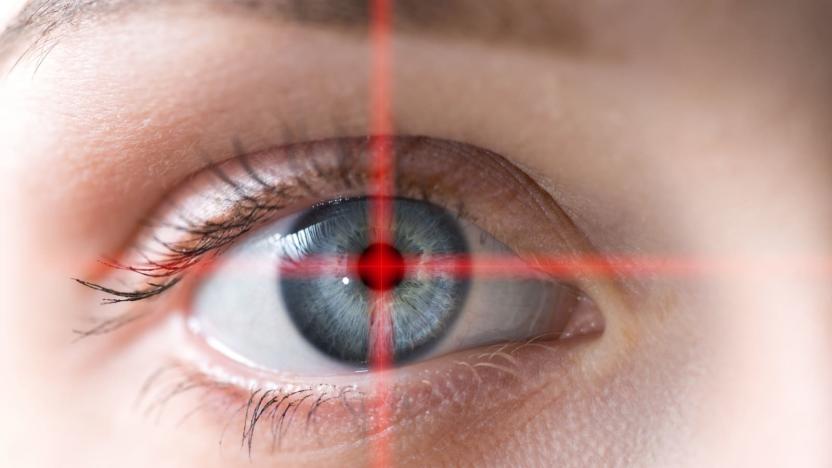HeartDisease
Latest

Google AI can scan your eyes to predict heart disease
Alphabet's health science company Verily has announced a wide range of projects, from developing smartwatches made for medical studies to mass-producing infected mosquitoes to curb their population. Scientists from the division now have a new endeavor: Assessing heart disease risk by staring into patients' eyes.

Study says e-cigarettes increase risk of cancer and heart disease
Regulators may have had a change of heart about the danger of using e-cigarettes, but scientists would beg to differ. A newly published New York University School of Medicine study indicates that vaping may put you at a "higher risk" of cancer and heart disease. Mice subjected to the equivalent of "light" e-cigarette smoking for 10 years (12 weeks in reality) suffered DNA damage to their bladders, hearts and lungs, in addition to limiting both DNA repair and lung proteins. In short: nicotine can become a carcinogen in your body regardless of how it's transmitted.

Watson helps treat heart disease by looking at medical images
IBM's Watson technology has helped doctors before, but usually by poring through databases before offering its advice. Now, it's ready to look at the patients themselves -- or rather, their body scans. It's following up on past promises by launching Watson Clinical Imaging Review, its first picture-based cognitive computing solution. The AI platform can sift through ultrasounds, x-rays and other medical data to both fill out health records and identify patients who might need critical care.

ICYMI: A soft robot sleeve to keep your heart going
try{document.getElementById("aol-cms-player-1").style.display="none";}catch(e){}Today on In Case You Missed It: A soft robotic device made by Harvard and Boston Children's Hospital researchers has been tested on pigs and so far, seems quite promising in treating heart disease. The robotic heart wraps around parts of existing tissue and helps squeeze, keeping the blood moving. But unlike other existing devices that are inserted into the heart, this just goes over the top. Its makers believe that will lead to better outcomes for patients that use it, since cycling blood through a medical device can lead to all kinds of complications, from infection to blood clots. No word yet on when they'll begin tests in humans.

Angry Twitter is bad for your health
You've got to tell them. They're so wrong. What an idiot. Unbelievable. This will show them. Getting angry on Twitter may feel great (correction: amazing) at times, but that doesn't mean it's good for you. Researchers at the University of Pennsylvania have found a strong correlation between use of negative language on Twitter and heart disease mortality. From public tweets made during 2009 and 2010, the research found that communities where expletives and hate words were tweeted often also had higher rates of heart disease deaths. Positive tweets, however, showed the opposite effect.

Here's how doctors will test Apple's new patient tracking features
Apple briefly hinted last week that hospitals would soon try out HealthKit's patient tracking technology, and we now know how those experiments are going to work. According to Reuters, both Duke University and Stanford University are weeks away from launching trial programs that will let doctors monitor vital stats with patients' permission. In the Stanford test, young Type 1 diabetes sufferers will carry both an iPod touch and a smart glucose meter to keep tabs on their blood sugar levels. There are fewer details surrounding Duke's pilot, but it will track the blood pressure and weight of those with cancer or heart disease.

Cellphones are dangerous/not dangerous, watch your kidneys edition
Believe it or not, this latest study on how cell phones are killing you doesn't invoke the dreaded c-word. Instead, scientists at the European Research Institute for Electronic Components in Bucharest found that exposing red blood cells to low-level radiation -- lower than what emanates from your mobile buddy, apparently -- caused them to leak hemoglobin, which they say can lead to kidney damage and heart disease. The Federation of the Electronics Industry have already come out swinging, saying there is still no consistent evidence the mobile devices are physically hurting us. If history tells us anything, expect to see a report in the near future on how inconclusive these findings are, followed by separate findings on how beneficial a healthy kick of radiation to the kidneys can be.[Via textually]



